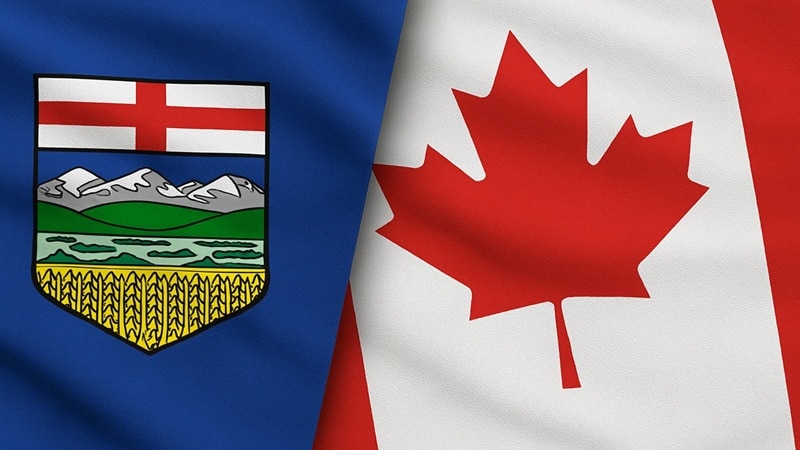
Casinoplusbonus investigates why lawmakers in the Canadian province of Alberta are sceptical about opening up the market to private operators.
Since the Casinoplusbonus news desk announced that the Alberta Gaming Liquor and Cannabis Commission (AGLC) confirmed there is a high chance of a new online gambling licensing policy, MP representatives of the New Democratic Party (NDP) in the Canadian province have inevitably started to pick holes in the policy.
On March 28 here on Casinoplusbonus, Luke Weber covered the initial news report (Alberta To Open Its Online Gambling Market) confirming that VP of Gaming for the AGLC, Dan Keene, confirmed a licensing framework to allow private operators to operate was now a real possibility.
To add to that original report, on March 26 in the provincial Assembly in Edmonton, Minister Dale Nally’s Bill 48 was officially discussed.
It is here confirmation of the Alberta iGaming Corporation under the iGaming Alberta Act, Alberta Gaming, Liquor and Cannabis (AGLC) was put forward.
Despite the framework laying out specific target areas that would help clean up the current state of Alberta’s online gambling entertainment market, NDP MPs were not convinced.
They said Dale Nally’s Bill 48 lacks detail in the legislation, which we will discuss after looking at the topics the initial reading covered.
FYI: A second reading of Dale Nally’s Bill 48 is due on April 9, 2025, and we presume a plan will be presented to quell the arguments put forward by NDP MPs. You can also read a summary of the March, 26, 2025 assembly publicly available via the docs.assembly.ab.ca March 26, 2025 PDF report.
What Did the Initial Reading of Dale Nally’s Bill 48 Consist Of?
Much of the initial reading on March 26, 2025, covered topics such as how the Alberta iGaming Corporation (when created) will manage the private-sector market using a model similar to iGaming Ontario.
The goal is to bring unregulated gambling under government oversight, and it is not intended to create new gamblers or boost revenue. With regulatory oversight, the focus is on safer and more responsible gambling, a broad choice of regulated gaming sites for Albertans, funding for public services and gambling harm support.
It would also see the regulation of socially responsible operators, a central self-exclusion system across licensed platforms, future regulations on revenue, consumer protection, and social responsibility.
The first reading also confirmed that the AGLC will remain as the regulator and operator of Play Alberta, which is currently a government-operated online gambling entertainment platform and the only legal gambling website operating in the Canadian province at this time.
What are the arguments put forward by the NDP MPs?
It’s the usual hole-picking we see whenever a new policy is put forward. That’s a good thing because everyone needs to point out flaws in the system before it goes life, or we could end up with a catastrophe if policies are introduced without proper discussion from those for and against.
- Lack of detail in the legislation.
- Unclear how revenues will be apportioned.
- No explanation of how operator compliance will be enforced.
- No defined approach to gambling advertising.
- Regulations and standards are only to be created after the bill is passed.
- Perceived as a blank cheque with vague implementation plans.
- Concern that the Alberta iGaming Corporation’s operations remain undefined.
- Scepticism about whether meaningful consultation will take place before regulations come into place.
- Risk of introducing harm without proper safeguards in place from the outset.
These are all great points made by NDP MPs, and it will be interesting how the next reading and future implementation of the upcoming Alberta iGaming Corporation’s framework.
Examples of Other Licensing Authorities Experiencing Early Criticism
From our years of experience reporting on the introduction of new licensing authorities or new rules applied to existing licensing, here are some examples we can pull out from the past where licensing authorities had holes picked in their initial framework.
- GRAI (Ireland): We saw the same situation with the GRAI (Gambling Regulatory Authority of Ireland) when Ireland first began to bring the project to life. Operators were concerned that some rules could easily be misinterpreted. However, we recently saw the regulatory authority officially open, and it is now in consultation to plan the licensing application process.
- Ontario (Canada): The same happened in Ontario, Canada. I’ll be honest; I didn’t think an Ontario iGaming market would work, but look how wrong I am now. The Alcohol and Gaming Commission of Ontario (AGCO) is now celebrating three years in operation. Furthermore, those three years have shown year-on-year growth.
- UKGC (United Kingdom): Then there’s the UK White Paper. Once again, I was probably one of the most pessimistic voices out there when I saw the initial White Paper published. Yet, after careful consultation involving stakeholders from operators to anti-gambling activists, I believe the UKGC and British government have compromised reasonably well by enforcing new rules that only affect a small percentage of Great Britain’s online gambling entertainment market.
In the end, we here at Casinoplusbonus are convinced that Alberta is going down the same route as Ontario. Eventually, the AGLC will fill in the holes NDP MPs are complaining about, and a licensing application system will follow.


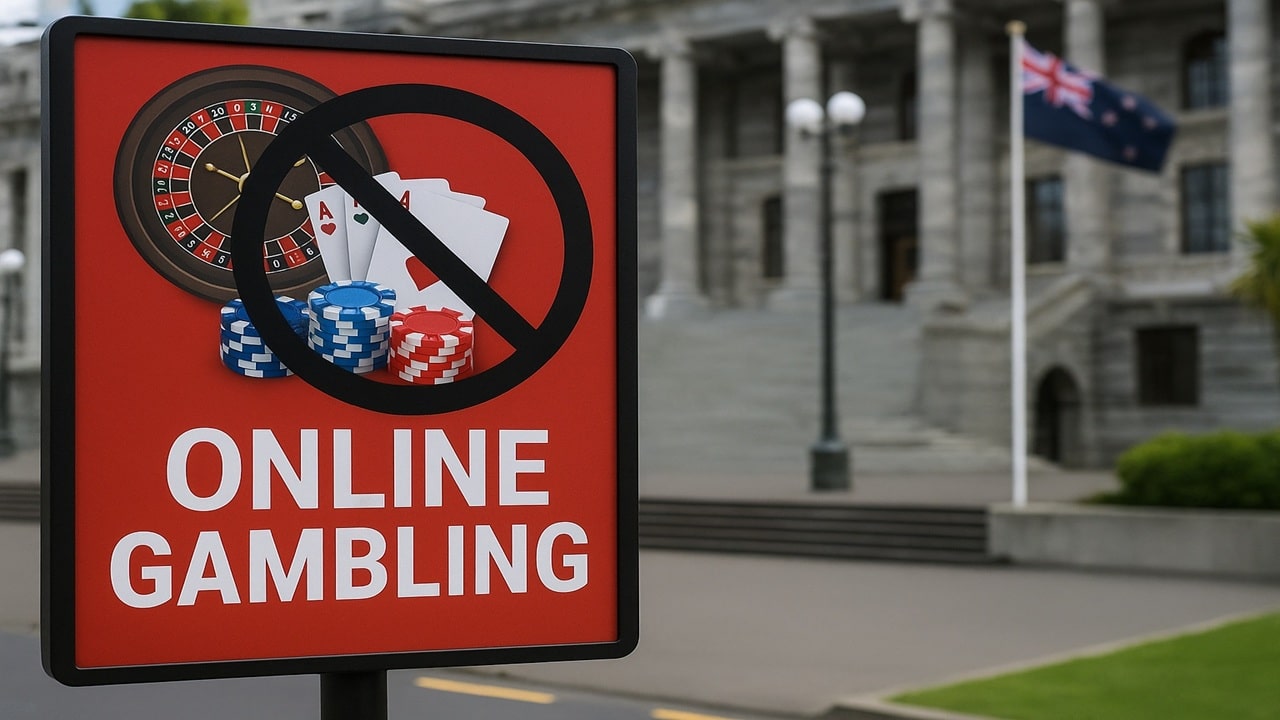



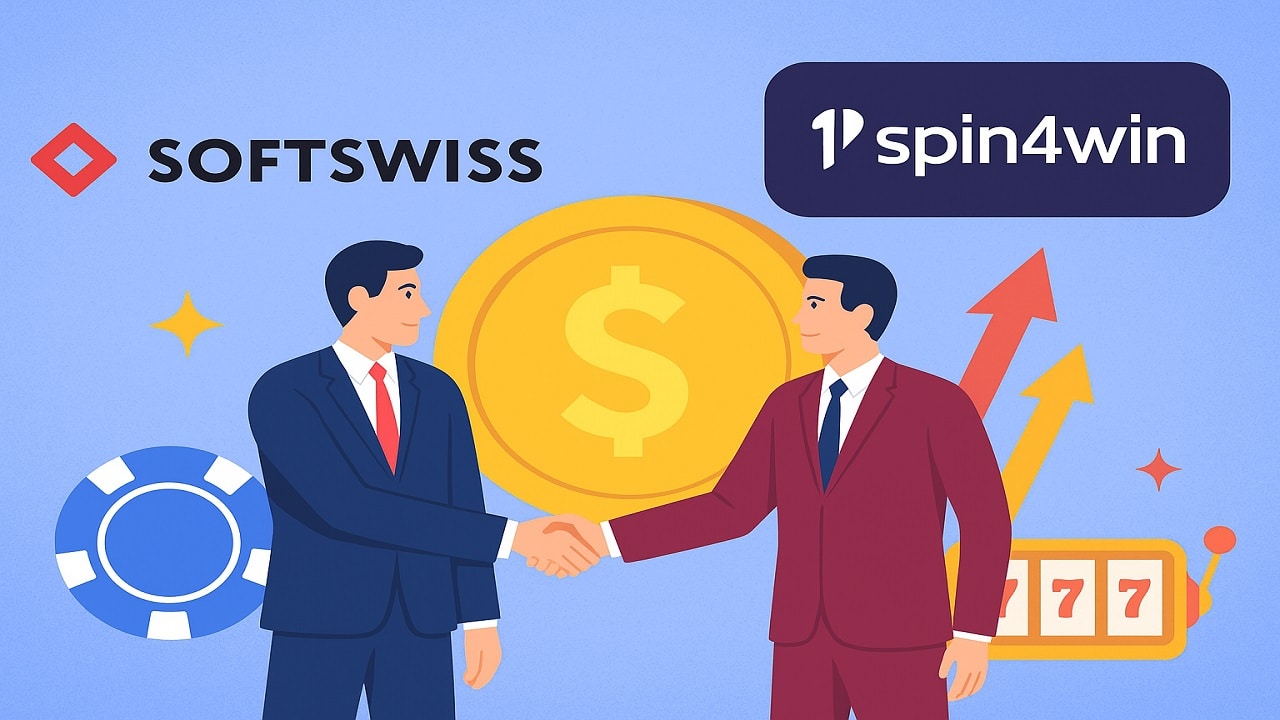
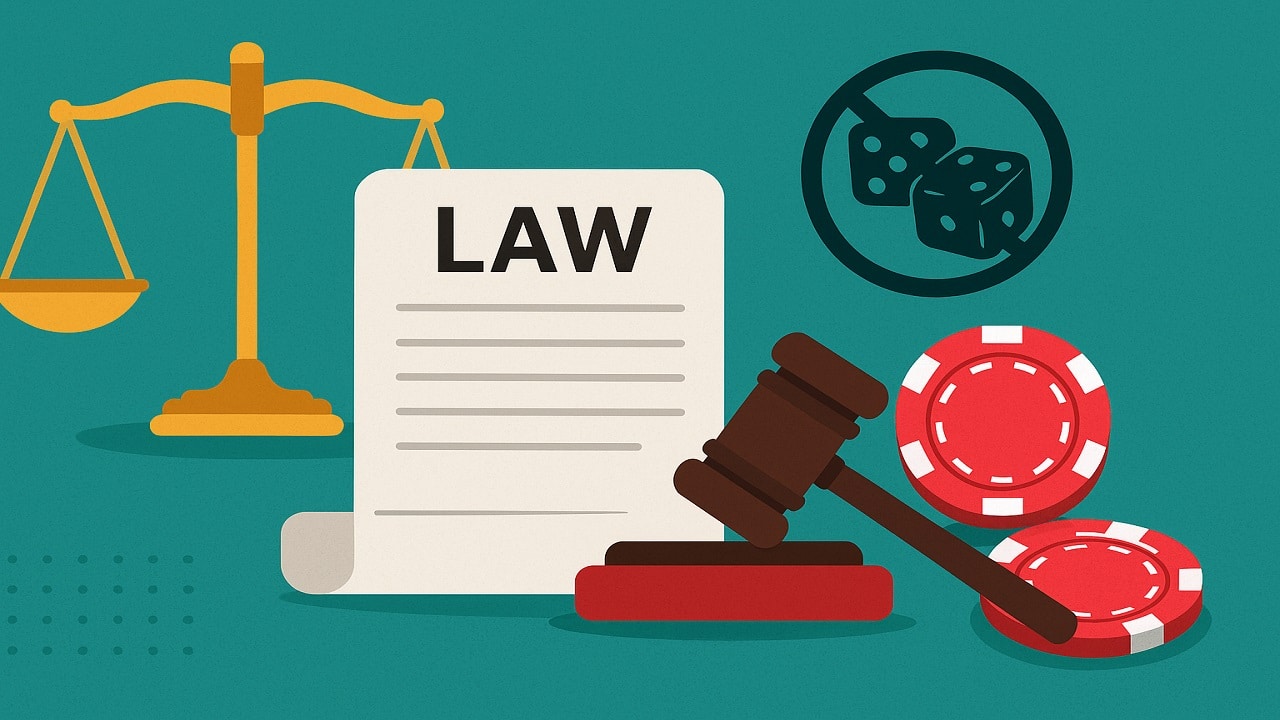

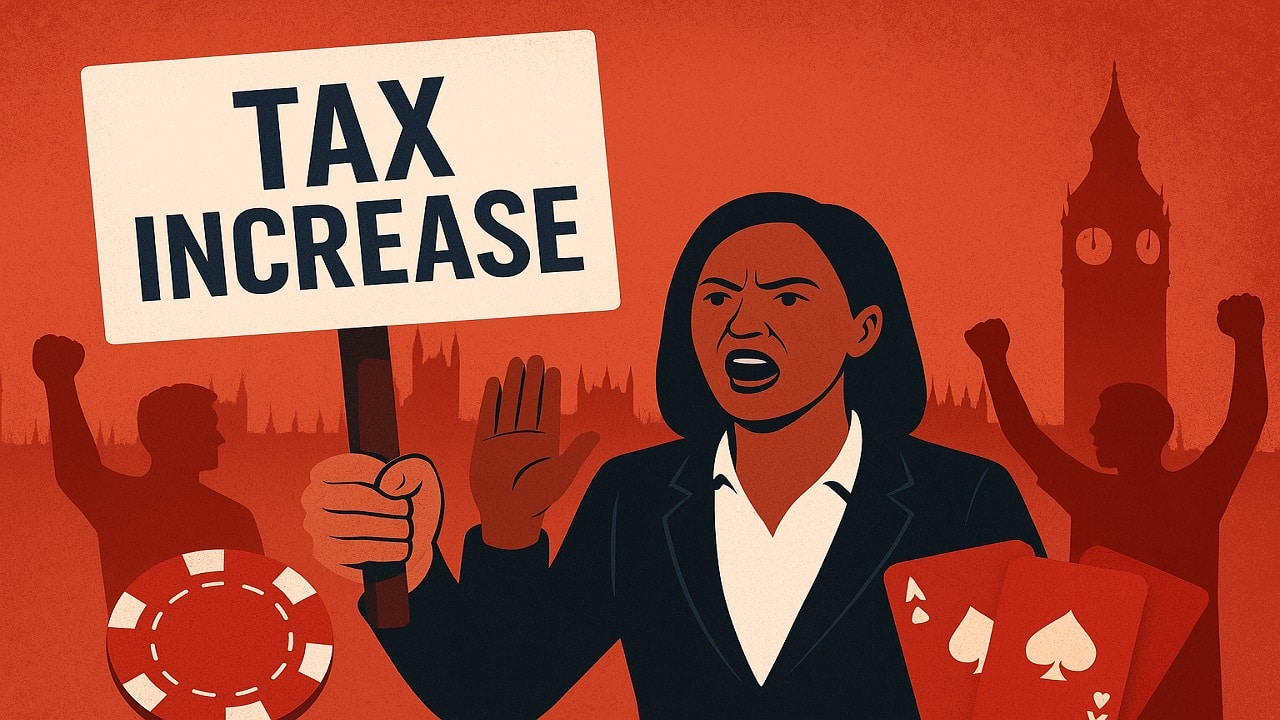
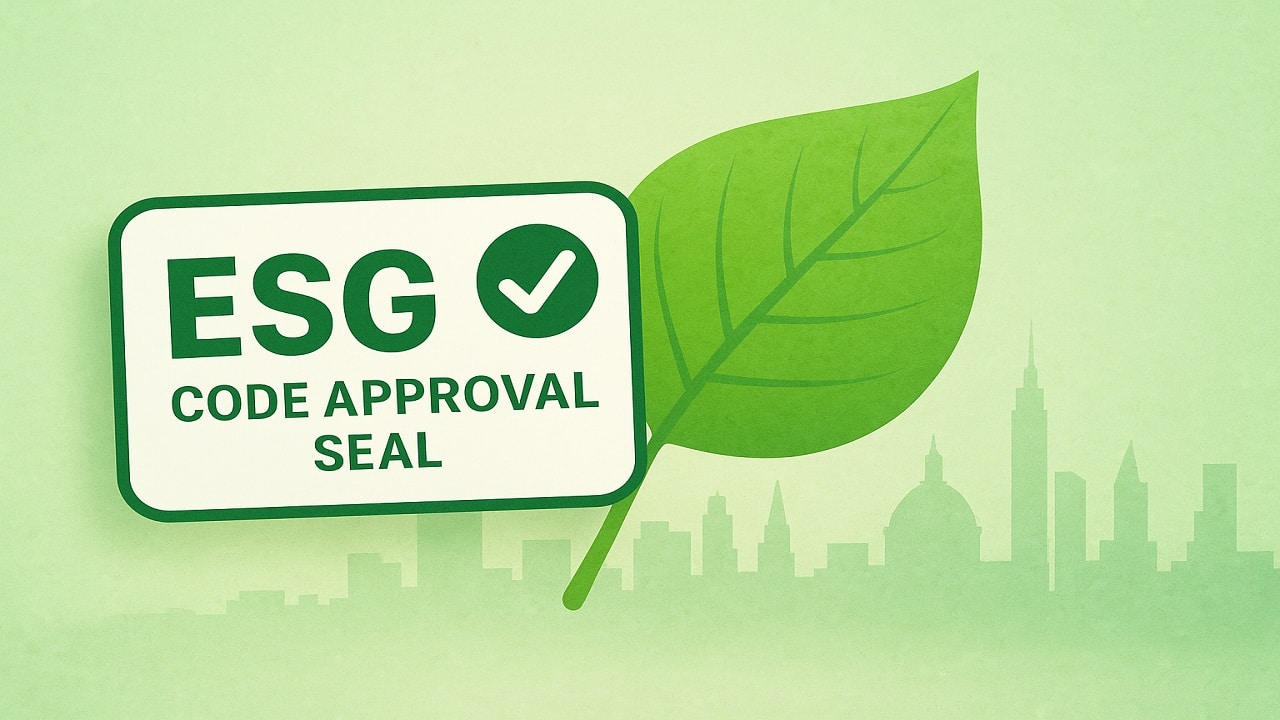

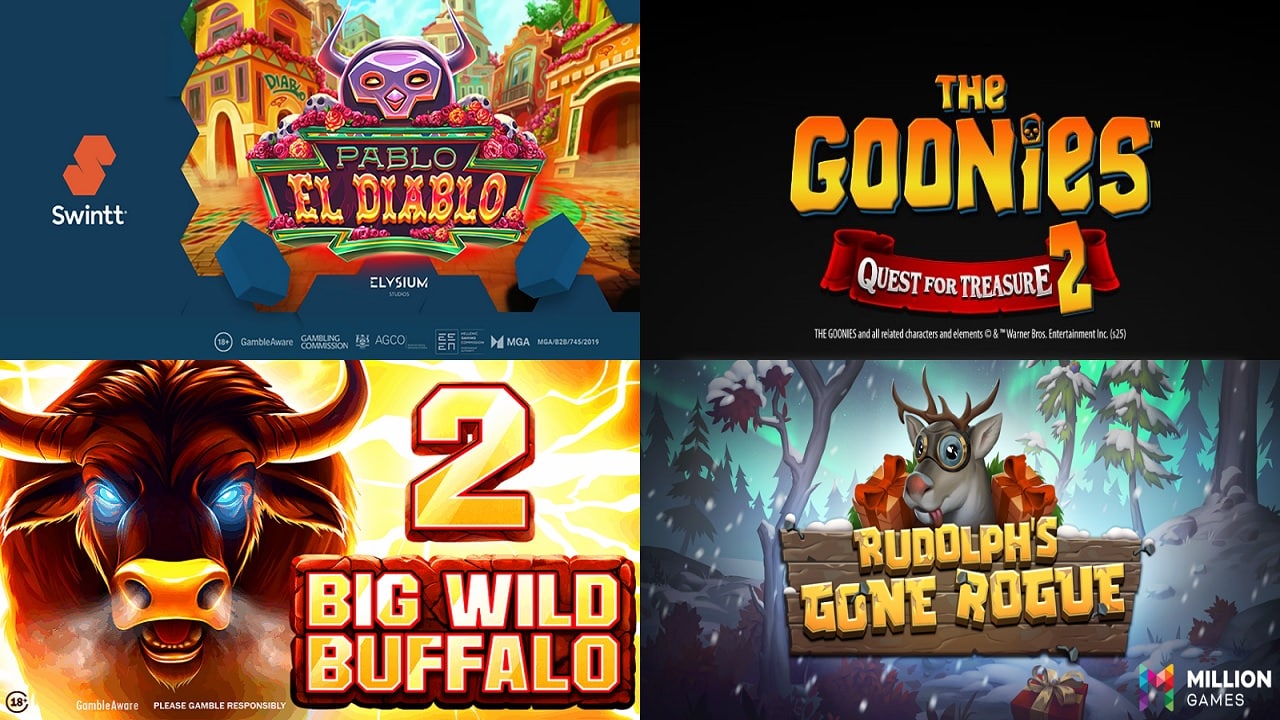

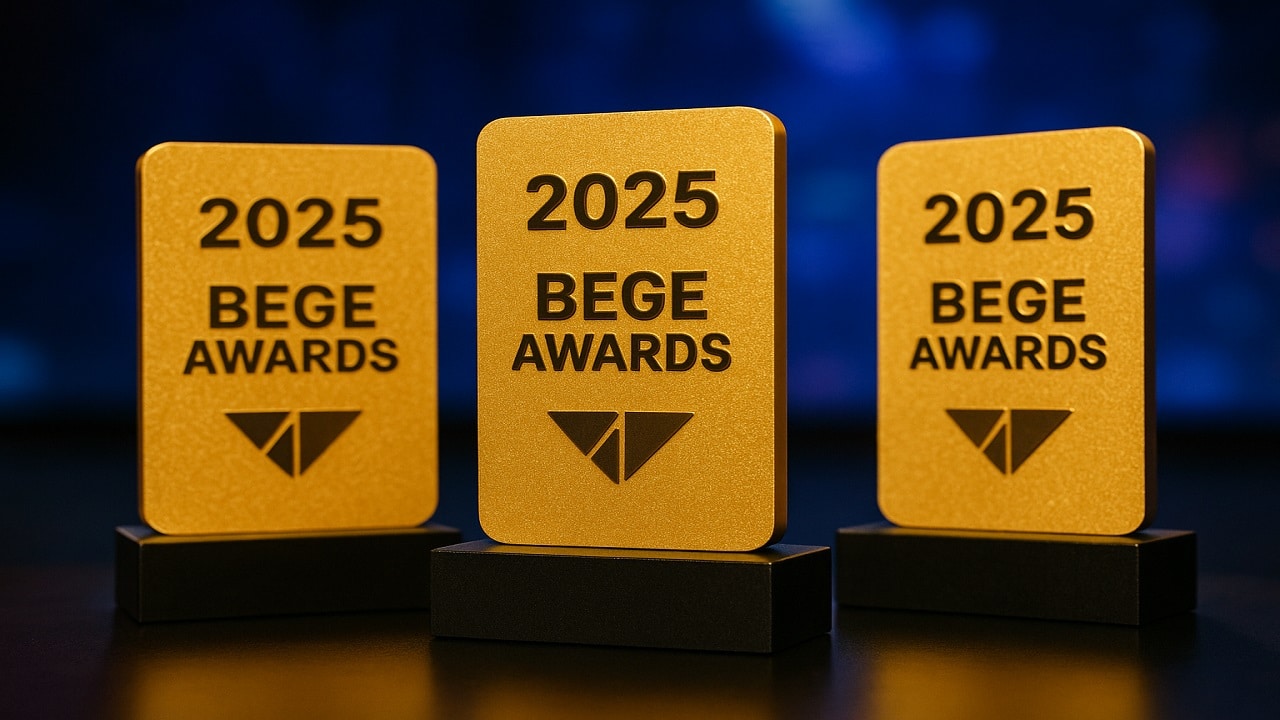

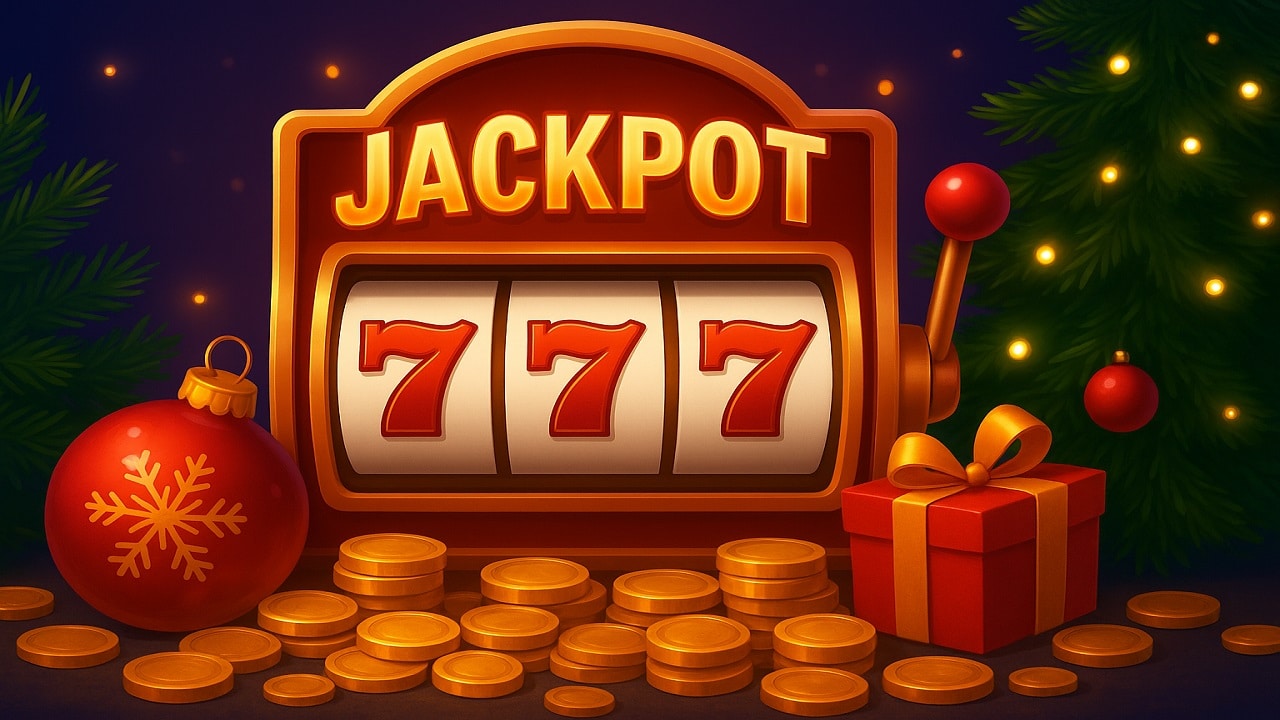





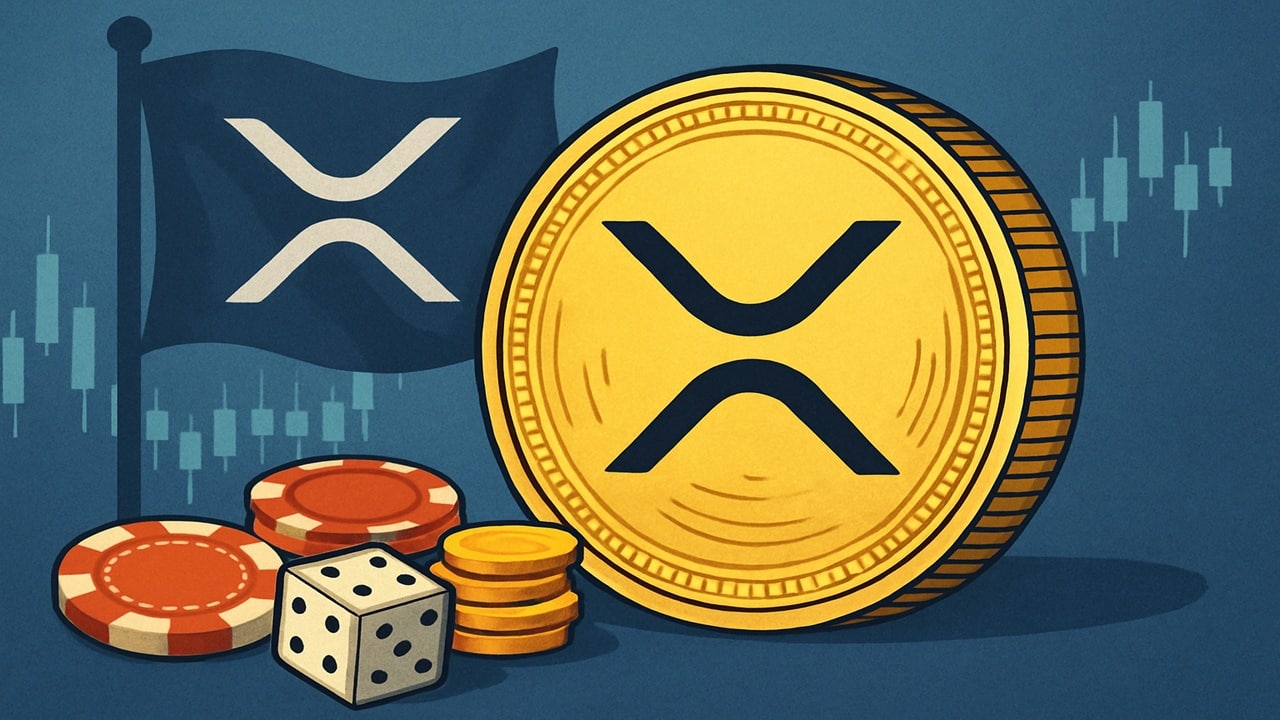
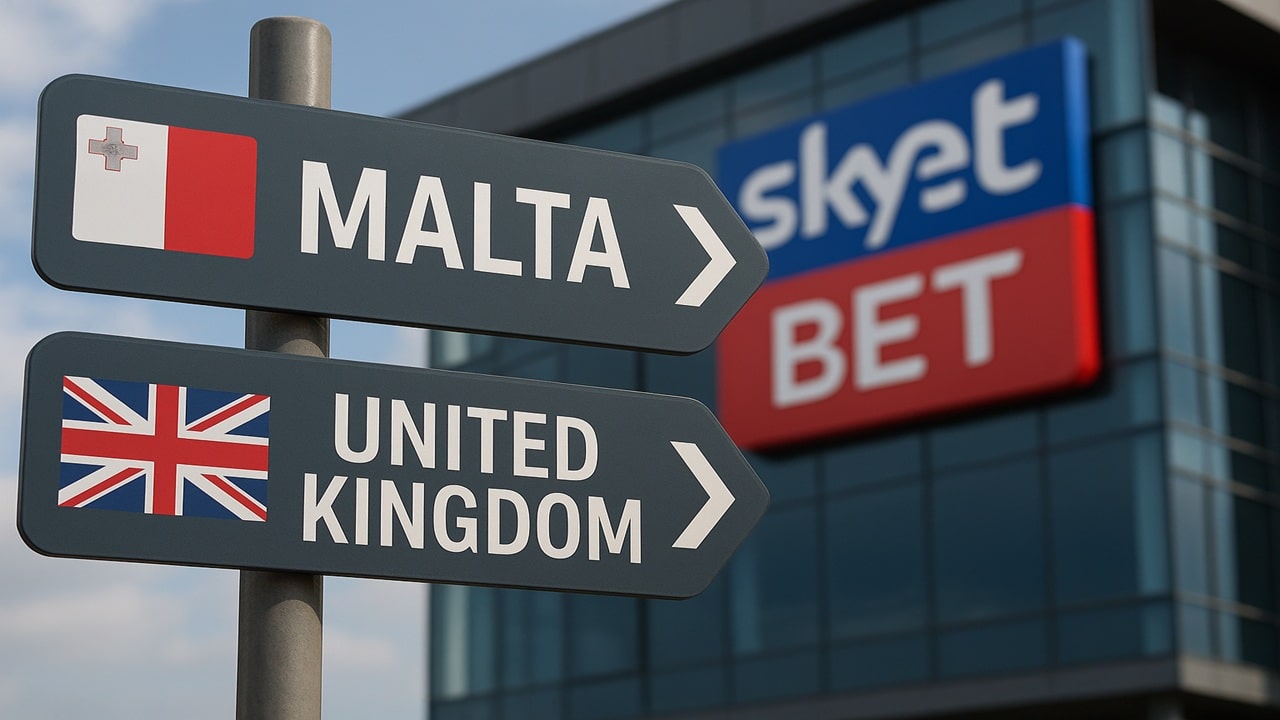




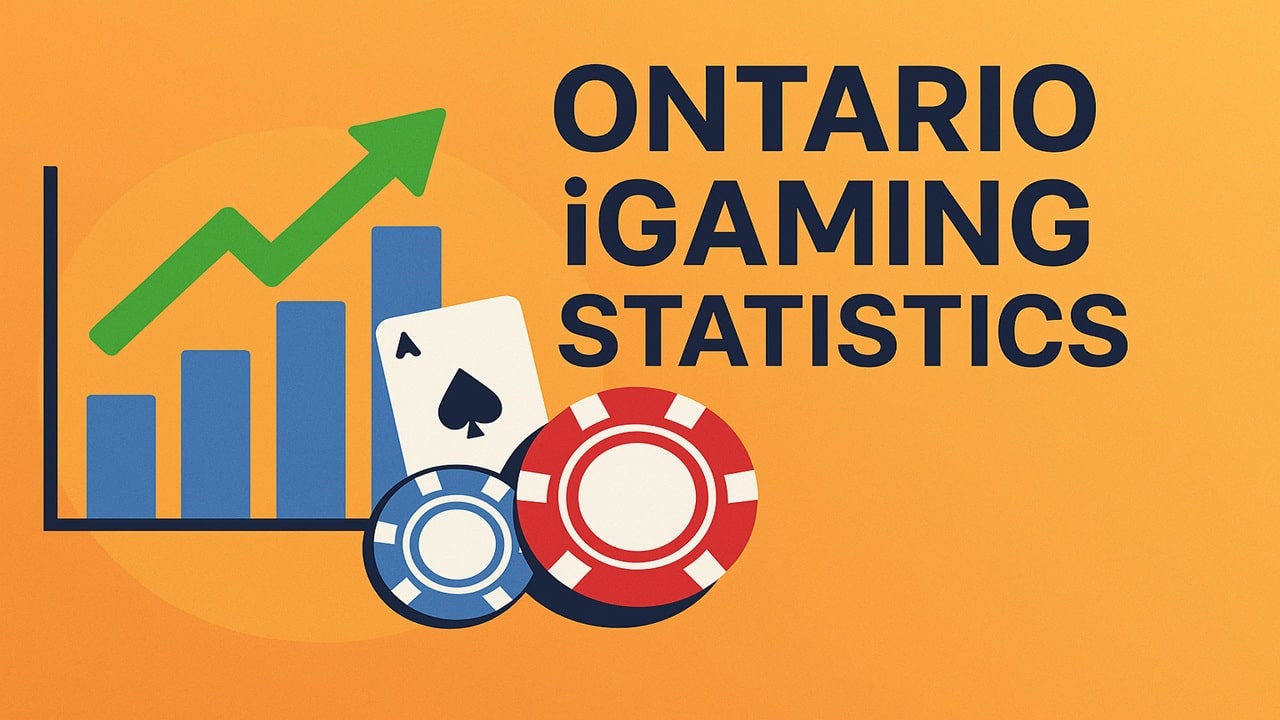


Leave A Comment